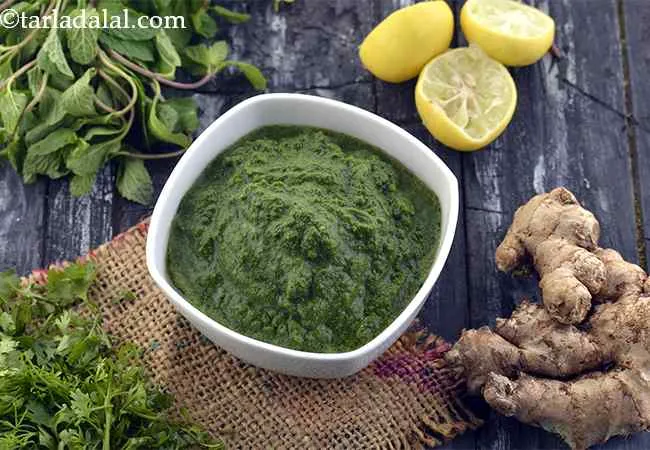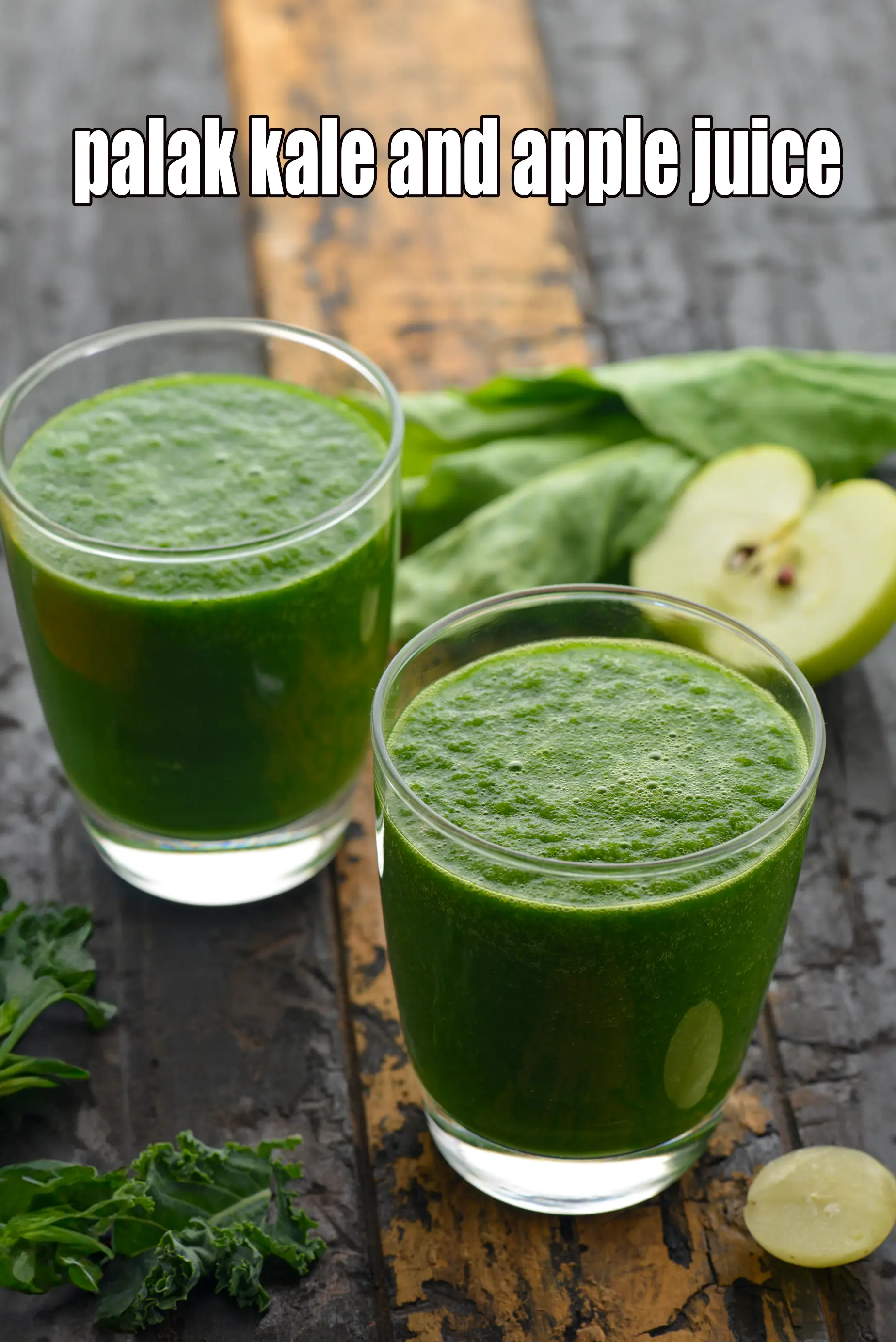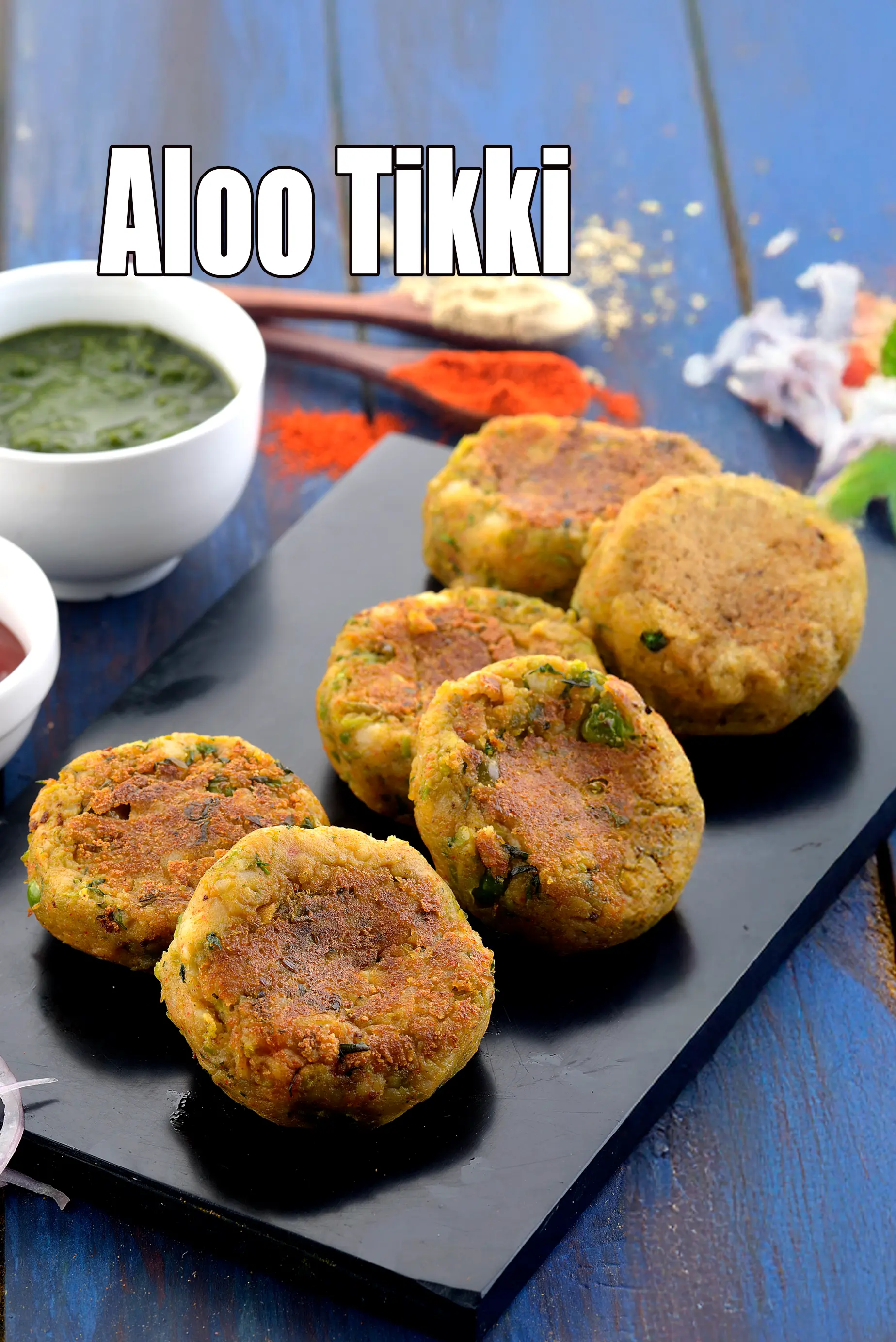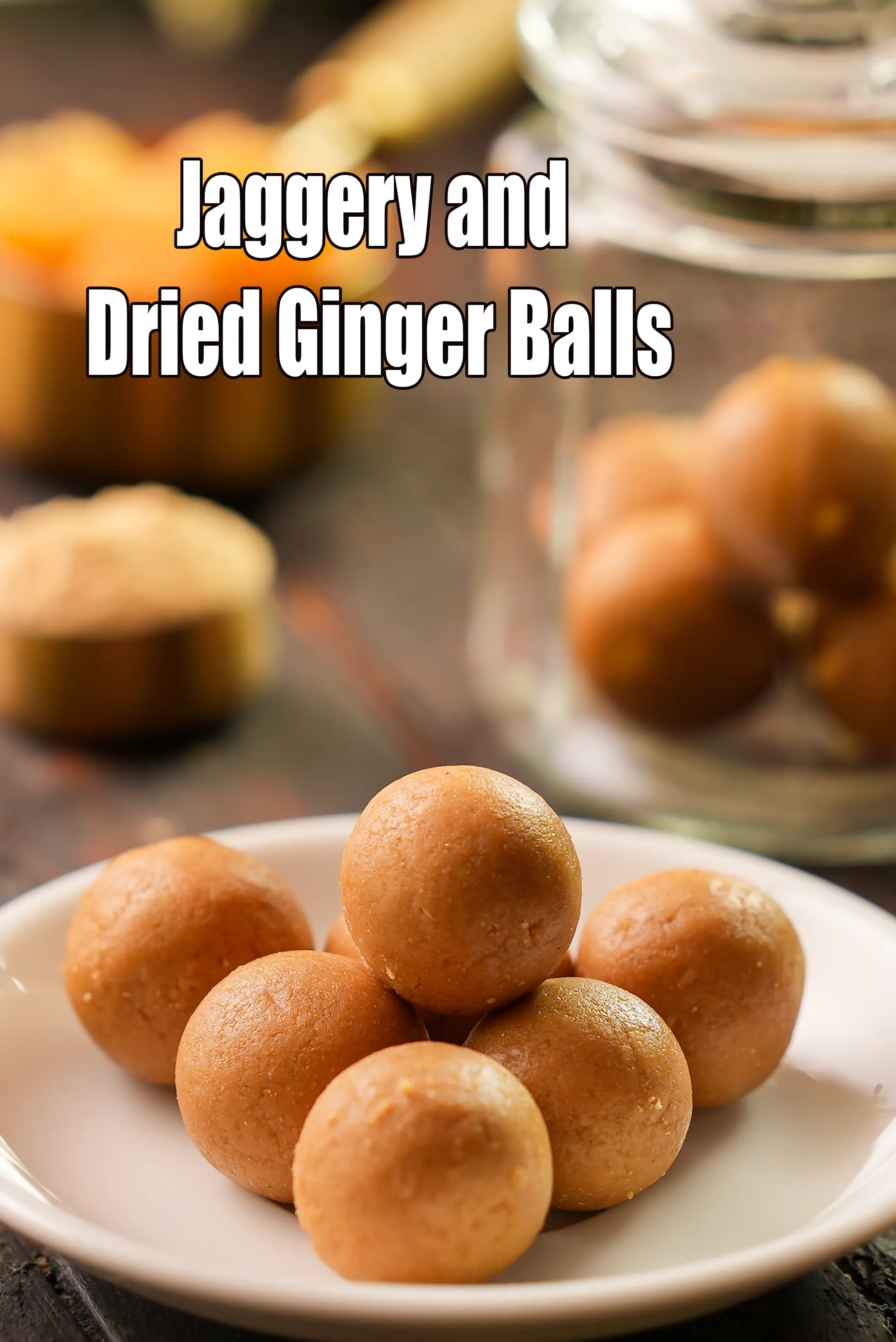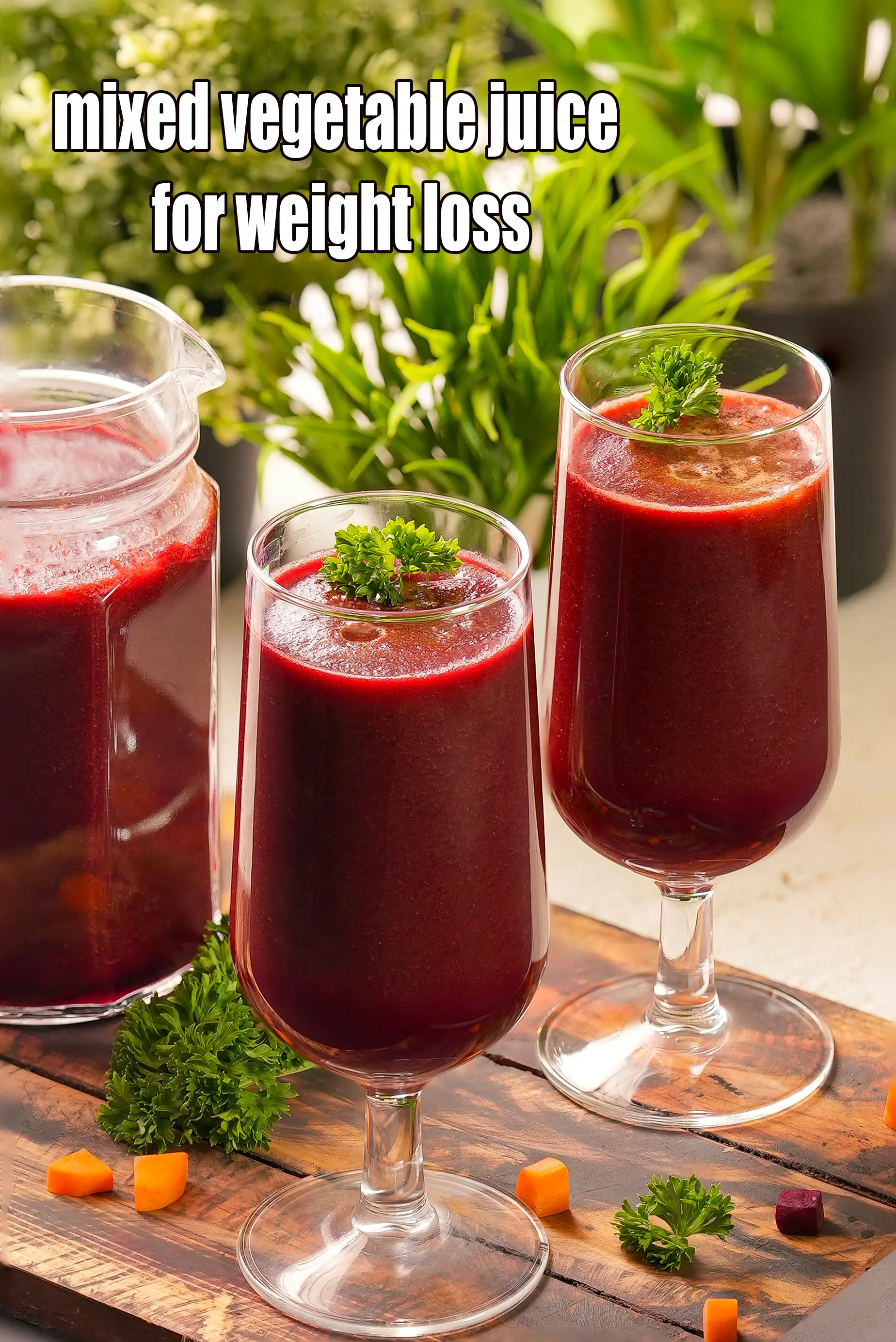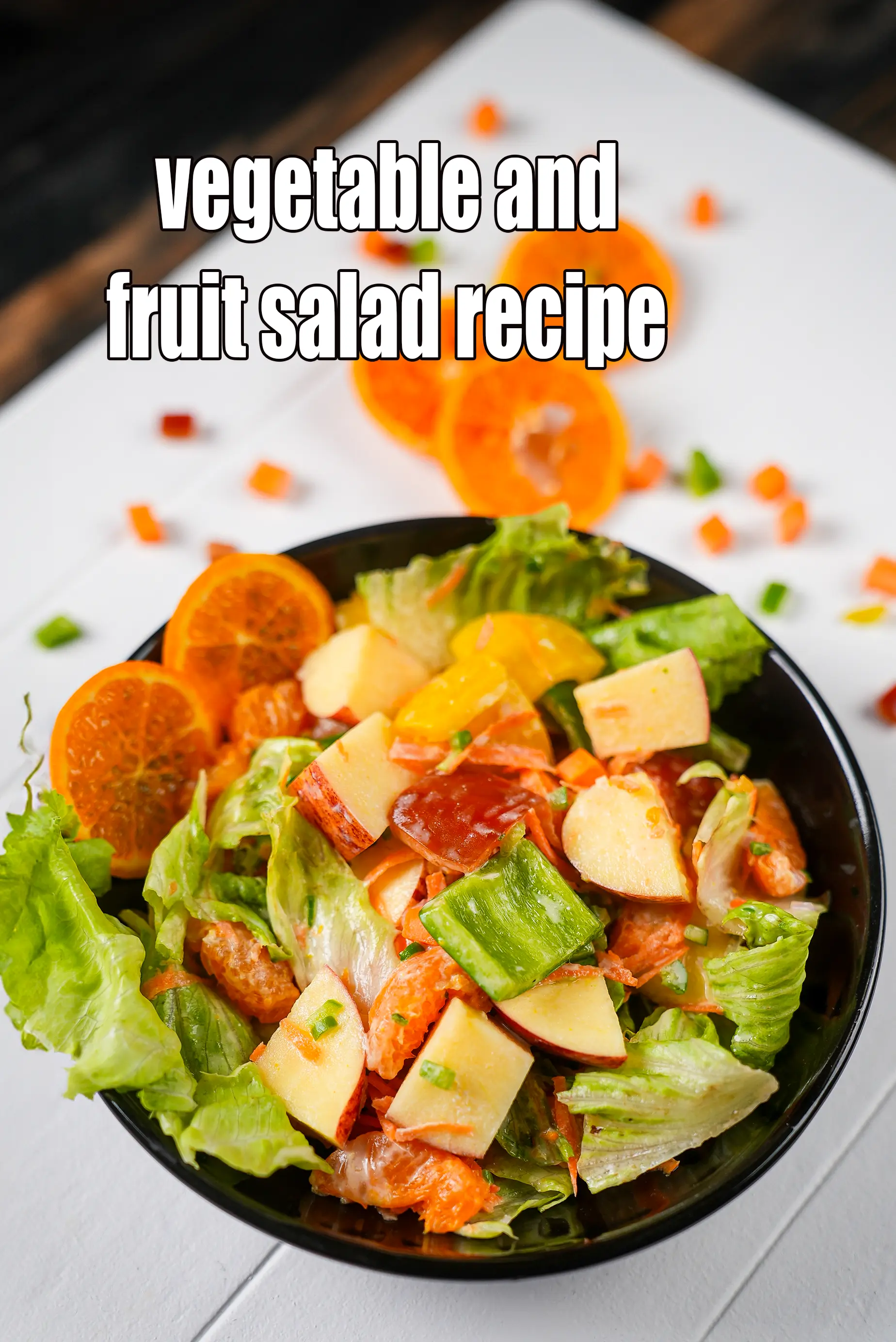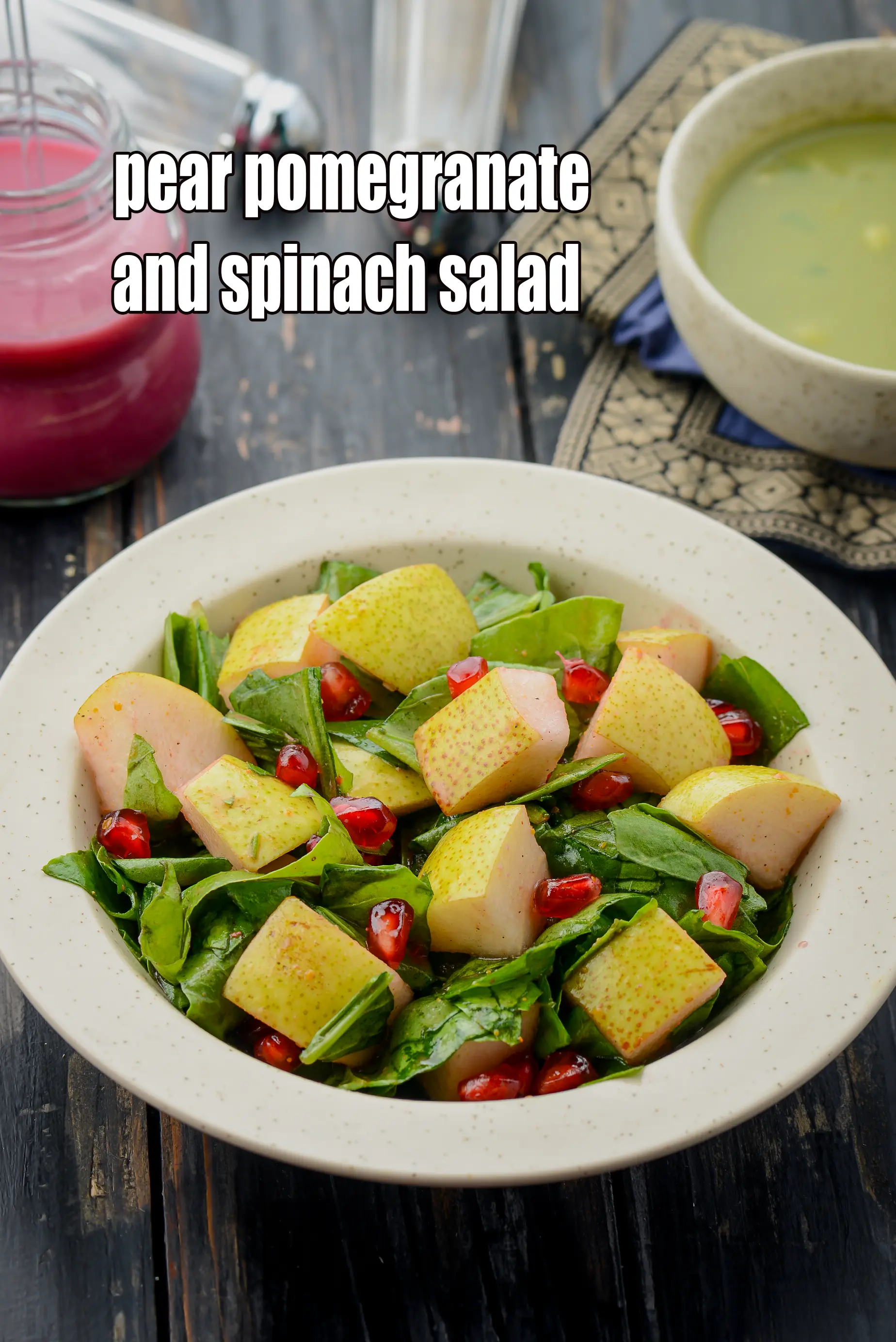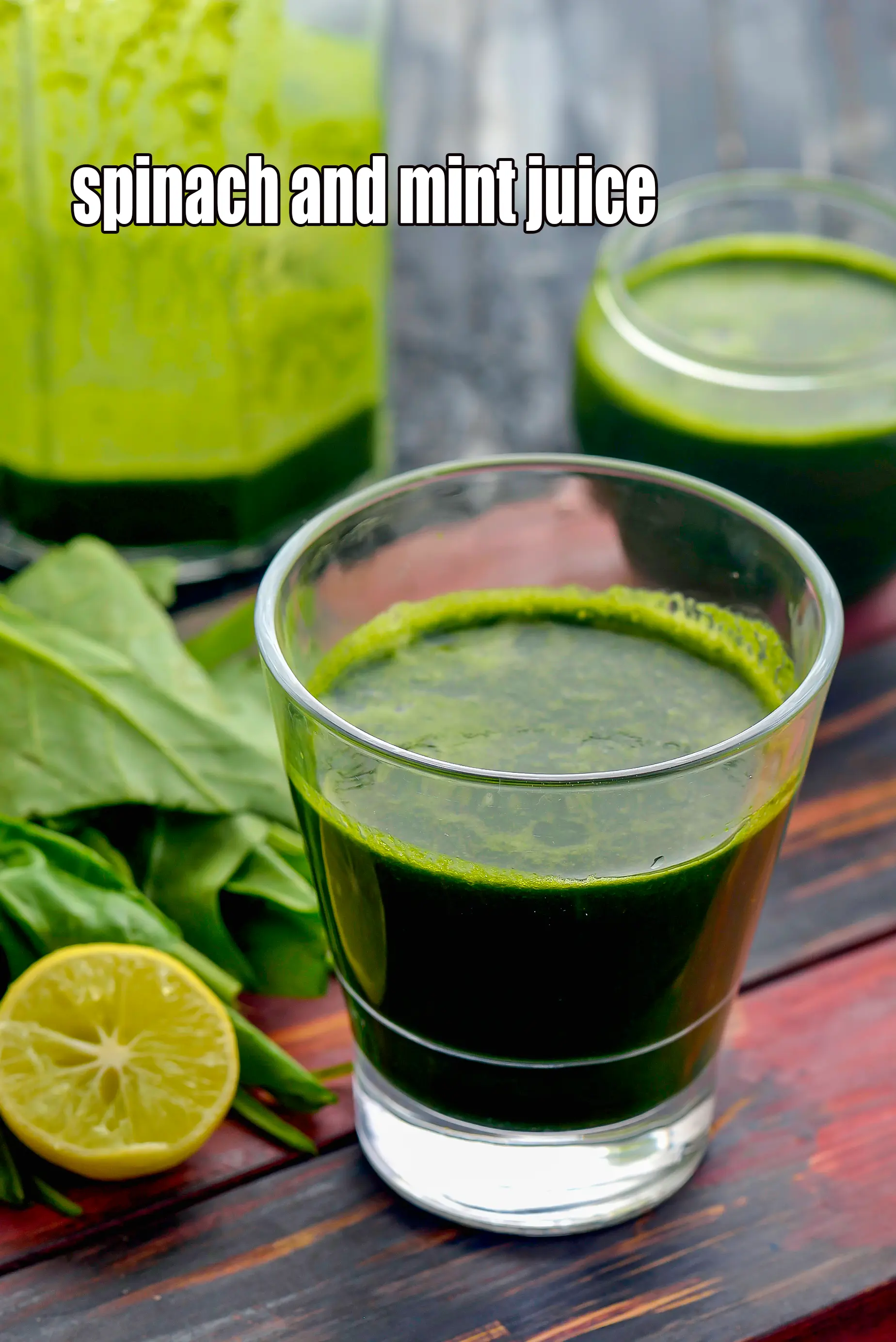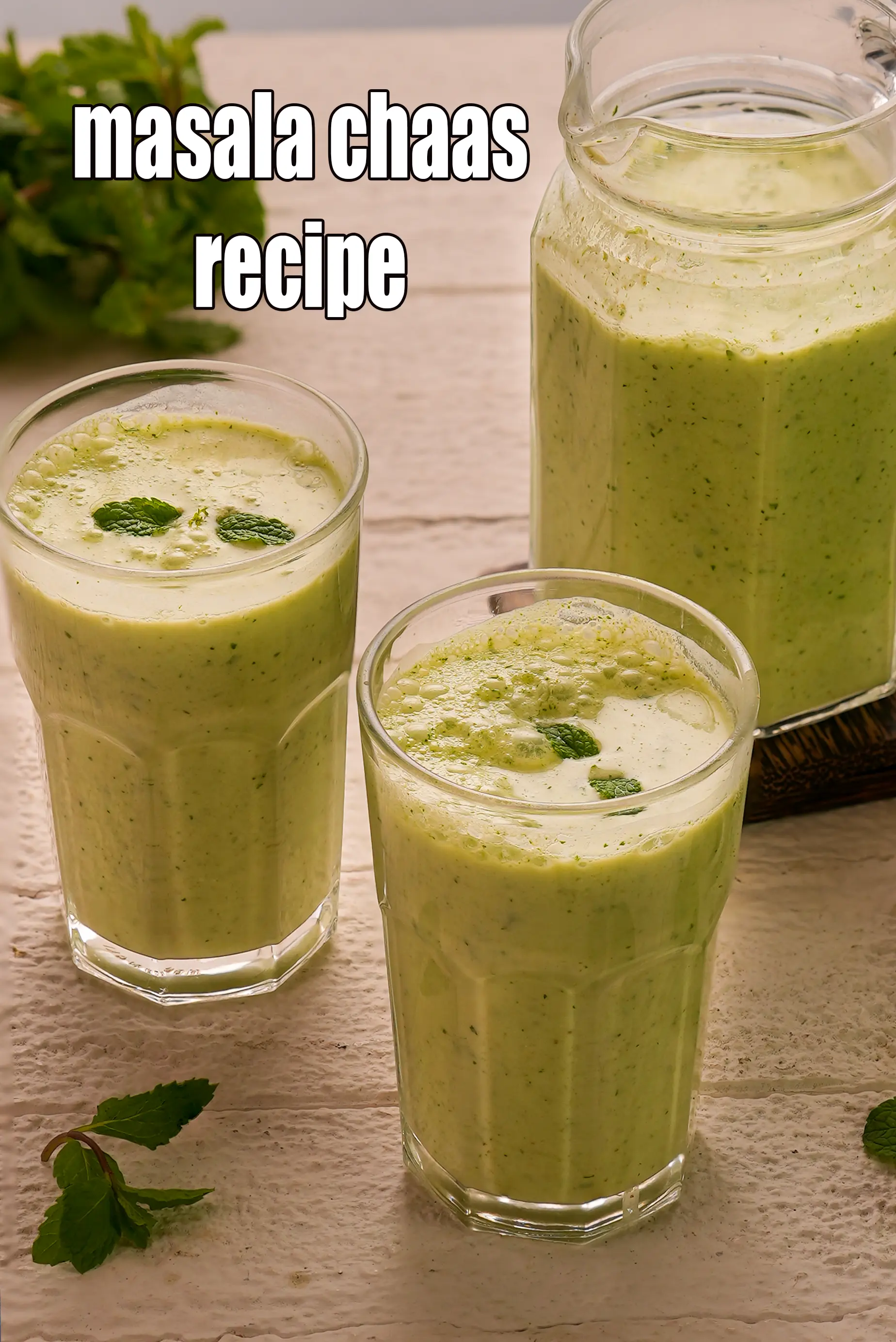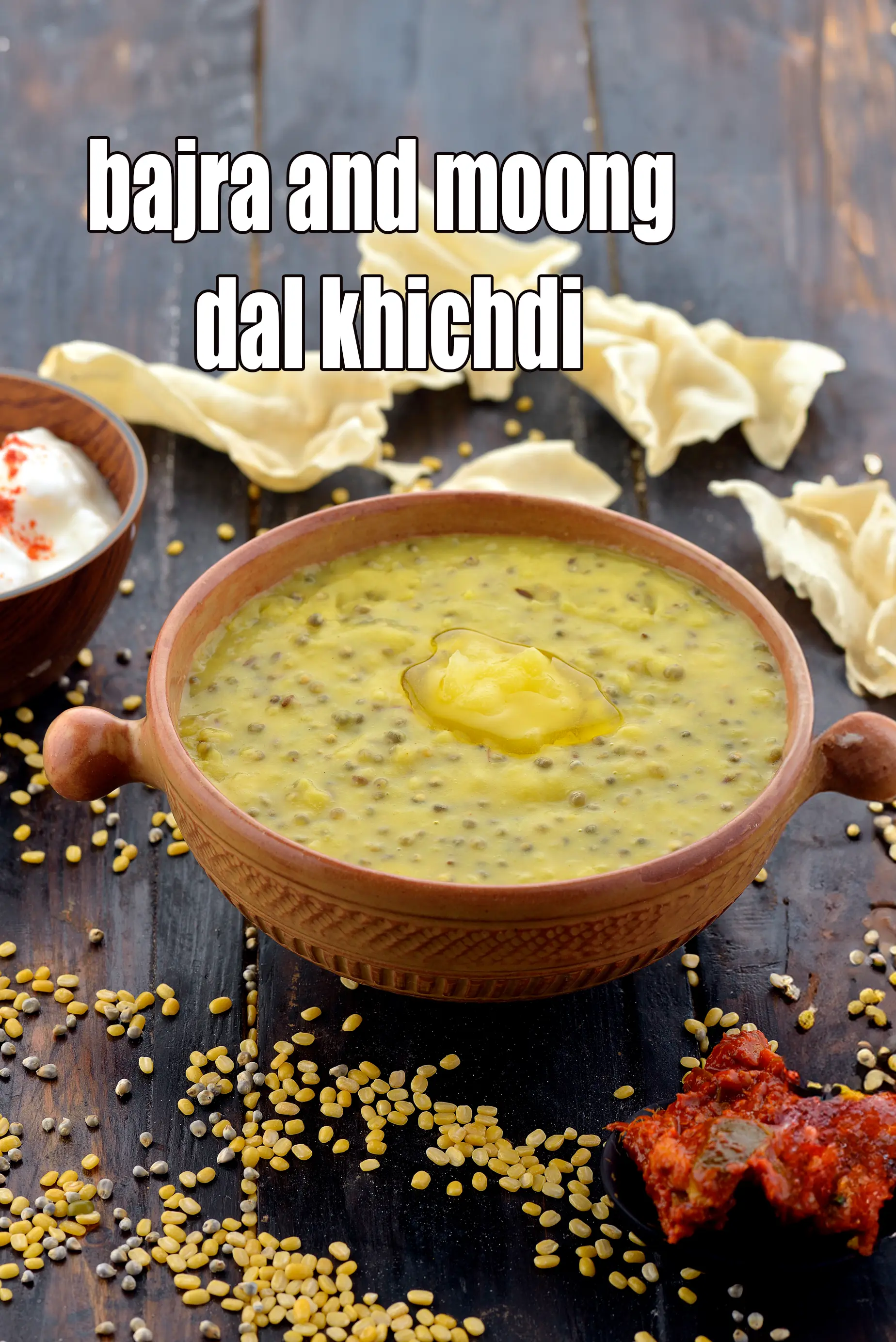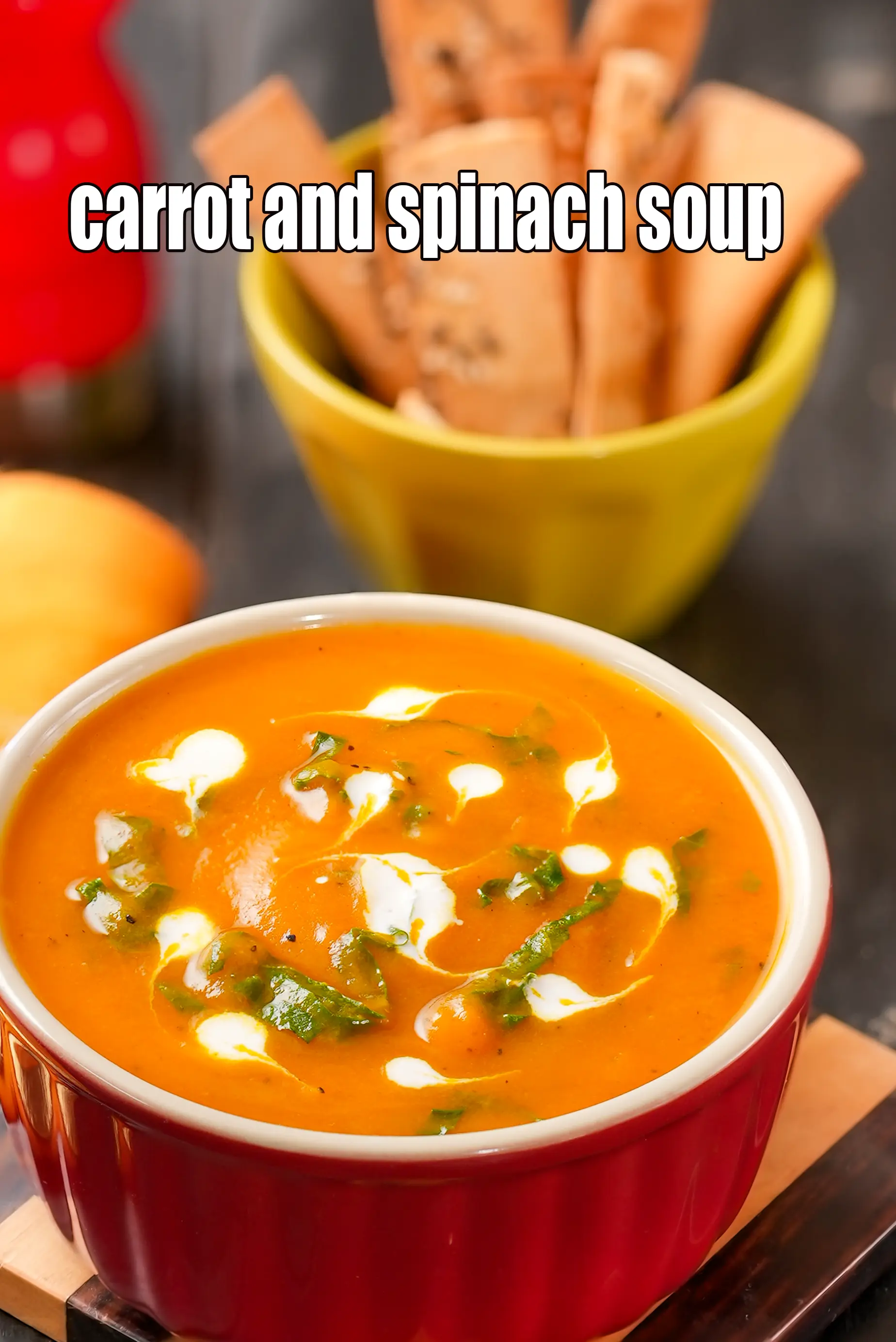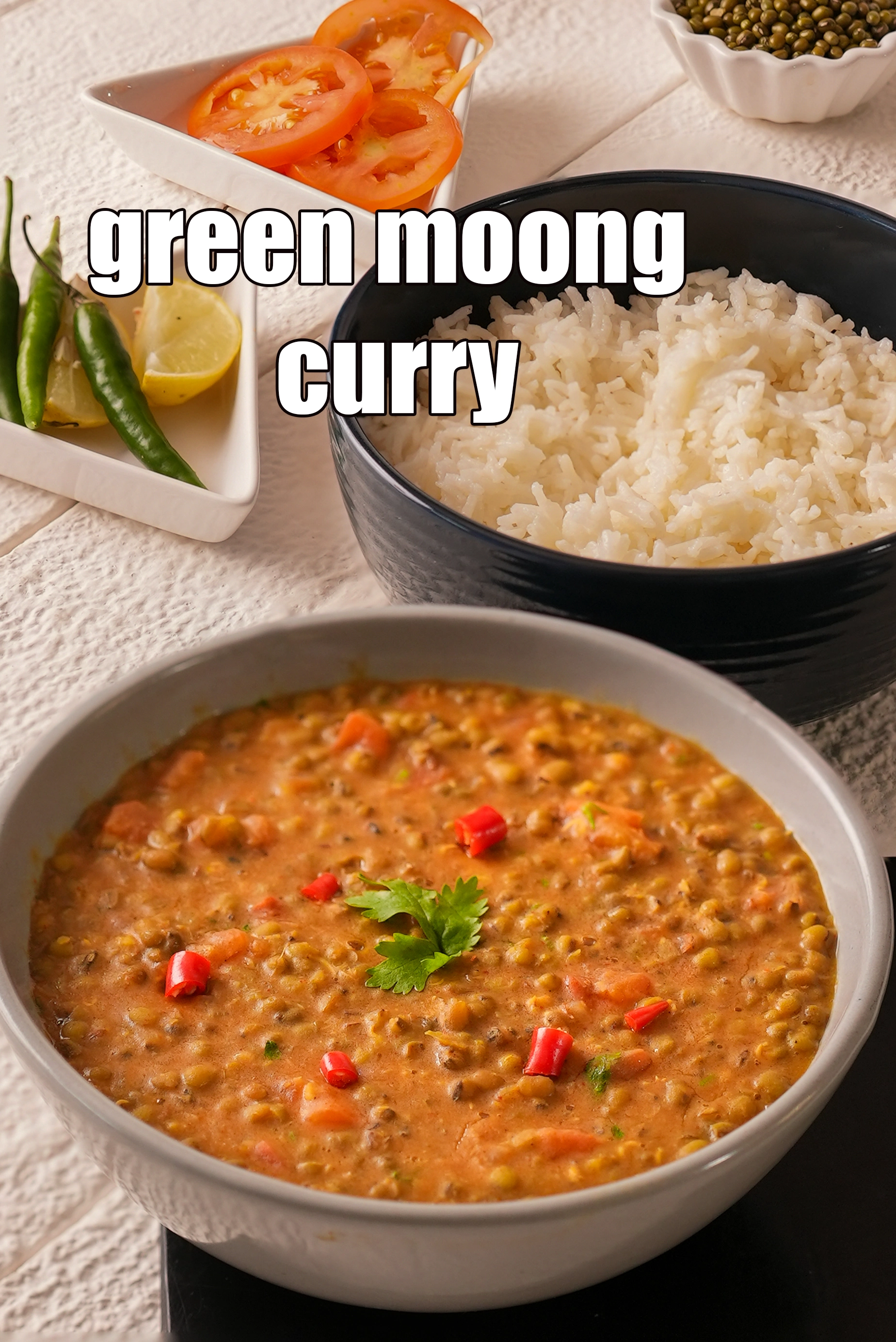Nutritional Facts of Non Fried Daler Bora, Calories in Non Fried Daler Bora
This calorie page has been viewed 3525 times
Table of Content
How many calories does one serving of Non Fried Daler Bora have?
One serving ( 4 bhajiyas of 10 grams each ) of Non Fried Daler Bora gives 86 calories. Out of which carbohydrates comprise 52 calories, proteins account for 6 calories and remaining calories come from fat which is 12.6 calories. One serving of Non Fried Daler Bora provides about 4.3 percent of the total daily calorie requirement of a standard adult diet of 2,000 calories.
Non Fried Daler Bora recipe makes 16 bhajiyas, 4 servings of 4 bhajiyas each.
86 calories for 1 serving of Non Fried Daler Bora, Cholesterol 0 mg, Carbohydrates 13.2g, Protein 5g, Fat 1.4g. Find how much fibre, iron, calcium, zinc, magnesium, phosphorus, sodium, potassium, folic acid is present in Non Fried Daler Bora.
See non fried daler bora recipe | Bengali masoor dal bhajiya | healthy baked masoor fritters |
Bengali masoor dal bhajiya | healthy masoor fritters | with 26 amazing images.
Daler bora or Bengali Lentil fritters are a perfect accompaniment to a Bengali meal or a delicious snack with chutney. Learn how to make non fried daler bora recipe | Bengali masoor dal bhajiya | healthy masoor fritters |
Bengali masoor dal bhajiya is a non-fried and crunchy easy to make snack recipe. They are small lentil fritters that we Bengalis often enjoy with rice and dal sometimes as a part of a pure vegetarian meal. Essentially, a typical part of the Bengali meal is to pair something fried with the dal.
Healthy masoor fritters are made using masoor dal and flavoured using few spices. Here we have made this non-fried daler bora healthier by baking the bhajiyas. Alternatively, you can also air fry them. Serve it hot with green chutney.
pro tips to make non fried daler bora: 1. Instead of masoor dal you can also use moong dal to make this recipe. 2. Instead of green chillies you can add chili powder to make this recipe. 3. Serve it hot to enjoy its best flavours.
Is Non Fried Daler Bora healthy?
Yes, Non Fried Daler Bora is healthy.
Let's understand the ingredients.
What's good in Non Fried Daler Bora.
Masoor Dal (split red lentils), Whole Massor : 1 cup of cooked Masoor dal gives 19 grams of protein. Being rich in Phosphorus it works with Calcium to build our bones. Whole Masoor or masoor dal is rich in Folate, Vitamin B9 or Folic Acid which helps your body to produce and maintain new cells, especially red blood cells. Masoor dal is is good for diabetics and a healthy heart. See detailed 10 health benefits of masoor dal.
Onions (pyaz, kanda) : Raw onions are a very valuable source of vitamin C – the immune building vitamin. Along with other phytonutrients from onions, it helps to build WBC (white blood cells) which serves as a line of defence against illness. Yes, it’s a source of many antioxidants, the most important one amongst them being Quercetin. The quercetin in Onions promotes production of HDL (good cholesterol) and lowers total cholesterol in the body. The sulphur in onions act as a blood thinner and prevents blood clotting too. This in turn would lower blood pressure and good for heart, diabetics. Read the benefits of onions.
Coriander (kothmir, dhania) : Coriander is a fresh herb often used as a flavour enhancer in Indian cooking. It is mainly used as a garnish. This is the best way to use it - no cooking. This preserves its vitamin C content which helps to build our immunity and bring that sparkle to the skin. The antioxidants vitamin A, vitamin C and the quercetin present in coriander works towards strengthening our immune system. Coriander is a fairly good source of iron and folate – the 2 nutrients which help in the production and maintenance of red blood cells in our blood. Good for reducing cholesterol and good for diabetics. Read 9 benefits of coriander to understand details.
Green Chillies : Antioxidant vitamin C in green chillies protects the body from effects of harmful free radicals and prevents stress. It is probably the high fiber which helps in controlling blood sugar levels. This is a welcome addition to a diabetic diet. Suffering from anaemia? Add green chillies to your list of iron rich foods too. For complete details see benefits of green chilli.
Can diabetics, heart patients and over weight individuals have Non Fried Daler Bora ?
Yes, this recipe is very healthy. 1 cup of cooked Masoor dal gives 19 grams of protein. Being rich in Phosphorus it works with Calcium to build our bones. Whole Masoor or masoor dal is rich in Folate, Vitamin B9 or Folic Acid which helps your body to produce and maintain new cells, especially red blood cells.
Can healthy individuals have Non Fried Daler Bora ?
Yes.
What is a healthy chutney option to serve Non Fried Daler Bora ?
Have this with nutritious green chutney recipe which has ZERO sugar used in it made with mint leaves, onions and coriander or green chutney recipe. Coconut based options are healthy coconut chutney made from coconut and coriander and coconut coriander green chutney for idlis dosa uttapam vada.
Green Chutney, How To Make Green Chutney Recipe
Non Fried Daler Bora is rich in below macronutrients, vitamins and minerals given in descending order (highest to lowest).
Non Fried Daler Bora recipe makes 16 bhajiyas, 4 servings of 4 bhajiyas each.
- Vitamin C : Vitamin C is a great defence against coughs and colds. Have citrus fruits, lemons, vegetables ( capsicum, broccoli, cabbage). Not all of the vitamin C is lost when vegetables are cooked. Some studies have shown that up to 50% of the vitamin C can be retained, depending on the cooking method and the vegetable. Cook vegetables quickly. The longer vegetables are cooked, the more vitamin C they will lose. 52% of RDA.
- Phosphorus : Phosphorus rich Indian foods works closely with calcium to build bones. Phosphorus rich Indian foods like dairy products ( milk, paneer, curd), nuts, seeds, jowar, bajra, moong, matki, oats, ragi, wheat flour etc. 44% of RDA.
- Vitamin B1 (Thiamine) : Vitamin B1 protects nerves, helps in carbohydrate metabolism, prevents heart diseases and helps produce red blood cells. Indian Foods rich in B1 are Flax seeds (alsi), Sunflower seeds, Sesame seeds, Garden cress seeds (halim), Capsicum, Wheat flour, Chana dal, moong, walnuts, masoor dal, brown rice, jowar, bajra. 40% of RDA.
- Protein : Protein is required for managing the wear and tear of all cells of the body. Have protein rich Indian foods like paneer, curd, Greek yoghurt, tofu, almonds, sprouts, chana, rajma, chick peas, quinoa, buckwheat ). 36% of RDA.
- Fiber : Dietary fiber reduces the risk of heart disease, prevents the spike in blood sugar levels and hence super for diabetics. Consume more fruits, vegetables, moong, oats, matki, whole grains. 36% of RDA.
- Iron : Iron is essential in the chemical reactions that produce energy from foods. Eat more greens and garden cress seeds to prevent you from being anaemic. Here are the top 7 sources of iron rich foods. 32% of RDA.
- Zinc : Zinc is involved in collagen synthesis and this helps repair skin and helps build immunity. See our zinc rich Indian foods and recipes like pumpkin seeds, nuts, whole grains like jowar, bajra, barley. Pulses like moong, rajma, chick peas. Dals like Urad Dal, Chana Dal, Toovar Dal, Masoor Dal etc. However the grains and pulses have phytates in them which hinder zinc absorption. Hence nuts are a better source of zinc in vegan diets. 28% of RDA.
- Folic Acid (Vitamin B9): Folic acid is an essential vitamin required throughout pregnancy. Folic acid rich Indian foods (kabuli chana, chana dal, yellow moong dal, urad dal, tooval dal, til ). 20% of RDA.
| Energy | 86 cal |
| Protein | 5 g |
| Carbohydrates | 13.2 g |
| Fiber | 2.2 g |
| Fat | 1.4 g |
| Cholesterol | 0 mg |
| Vitamin A | 168.2 mcg |
| Vitamin B1 | 0.1 mg |
| Vitamin B2 | 0 mg |
| Vitamin B3 | 0.6 mg |
| Vitamin C | 5.3 mg |
| Folic Acid | 9.1 mcg |
| Calcium | 23.9 mg |
| Iron | 1.6 mg |
| Magnesium | 19.8 mg |
| Phosphorus | 65.8 mg |
| Sodium | 2.9 mg |
| Potassium | 134.6 mg |
| Zinc | 0.7 mg |
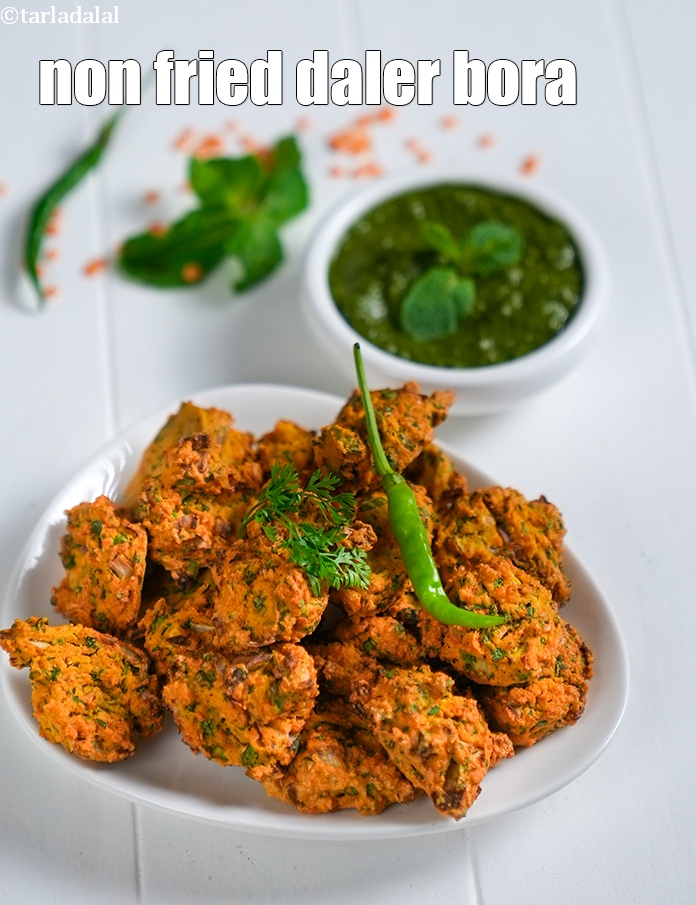
Click here to view Non Fried Daler Bora
